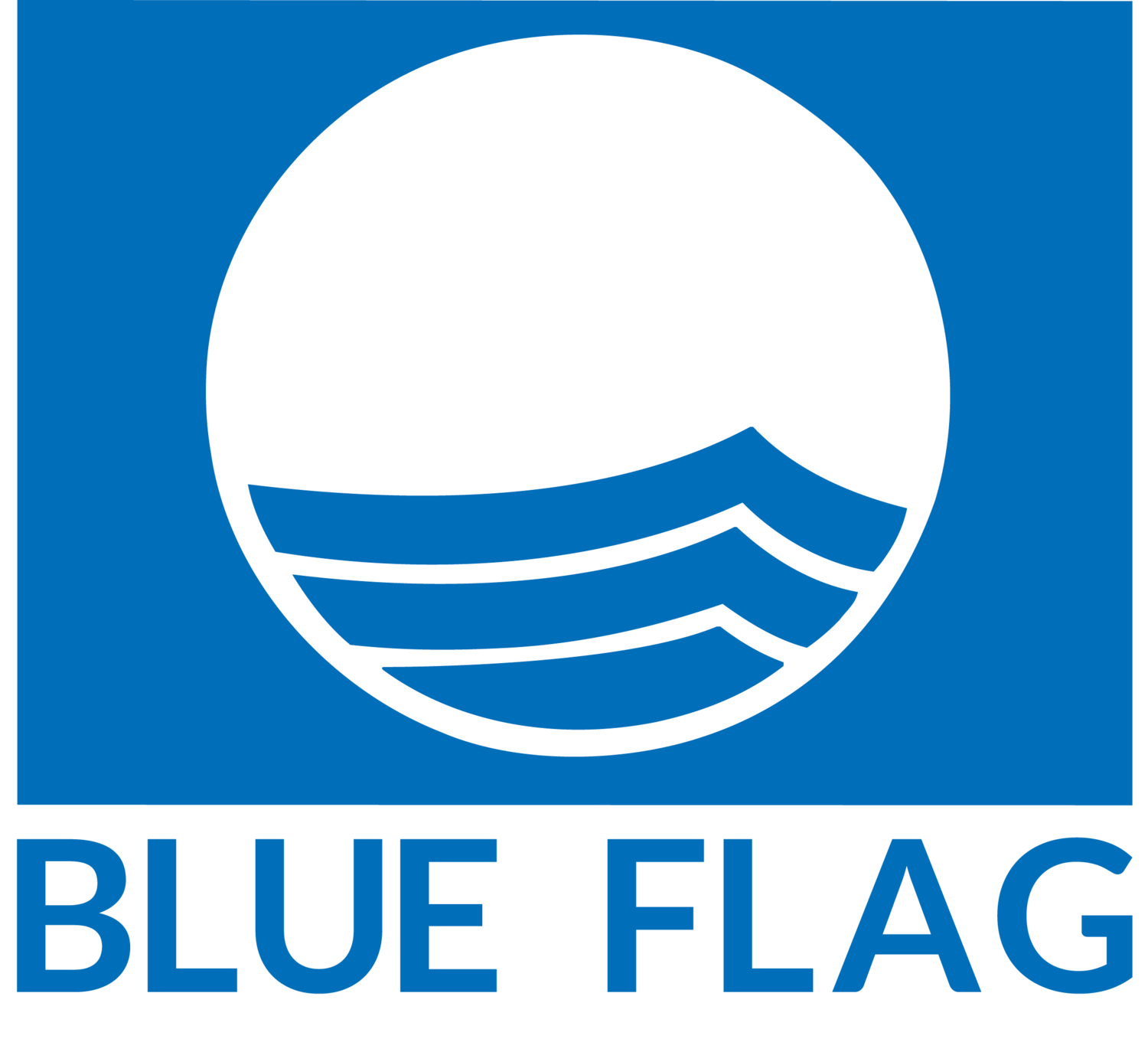Mr. Magino Corporan is the Director of the National Council for Disability (CONADIS) in the Dominican Republic. The interview is produced by IDARD, Instituto de Derecho Ambiental de la Republica Dominicana, Blue Flag national operator in Dominican Republic.
Mr. Magino Corporan is the Director of the National Council for Disability (CONADIS)
This was a brief but enriching talk where Mr. Magino told us about the status of accessibility in our country and our blue flag beaches and what could be improved to have greater accessibility
IDARD- How has the process of implementing international accessibility standards been achieved in the Blue Flag segments?
M.C- In the tourist environment, the beaches of our country have been improving greatly in terms of guaranteeing their enjoyment to the large number of tourists who visit them daily.
Through the Blue Flag program the elimination of barriers is encouraged, in order to adapt the accesses that facilitate the free movement to the waters.
CONADIS started in the Blue Flag program in 2013, later In 2014, were incorporated national criteria that define the accessibility parameters that baths has to accomplish, access to the beach, signage and also the existence of an amphibious chair for each beach segment.
Low-cost amphibious chair
IDARD- How has been the receptivity of the operators in the implementation of this international and national criteria?
M.C - Operators become receptive to compliance with the criteria. They strive to implement the conditions to accomplish the national and international criteria, they are satisfied with the Blue Flag recognition and we can see this every year with the addition of new segments in the country.
The operators surpass the fulfillment of the criteria established in the program, having not only one but multiple amphibious chairs, or more than one bathroom, or establishing more and more access routes to the beach with spaces reserved for people with disabilities.
Multiples amphibious chairs
IDARD- How according to your experience is accessibility on our beaches and tourist sites in general?
M.C- It is noteworthy that compliance with the criteria has been gradually achieved. Most of the award-winning beaches meet 100% of the national and international accessibility criteria and gradually from CONADIS has been promoting the application of the accessibility specifications for the adaptation of other tourist places
Handicapped facilities
IDARD- What is the importance for the Dominican Republic of having accessible beaches?
M.C- In this point Mr. Corporan gave us several reasons about the importance of having accesible beaches:
• Promoting accessible tourism
• Satisfaction for tourists
• Guarantee of spaces and places safe, friendly and accessible for all.
• Increase in the national economy
• Growth, trust and credibility in tourism investment
• Opening to the market of people with disabilities and reduced mobility
Besides this, According to WHO 15% of the world population (billion people) live with disabilities and 14.5% of the EU population of working age (16 to 64) states suffer some form of disability, 20% of people between 60 and 64 have a severe disability, and 17.1% a disability moderate.
Thanks to IDARD for sharing this interview. Mr. Magino Corporan and Jose Alberto (IDARD).






